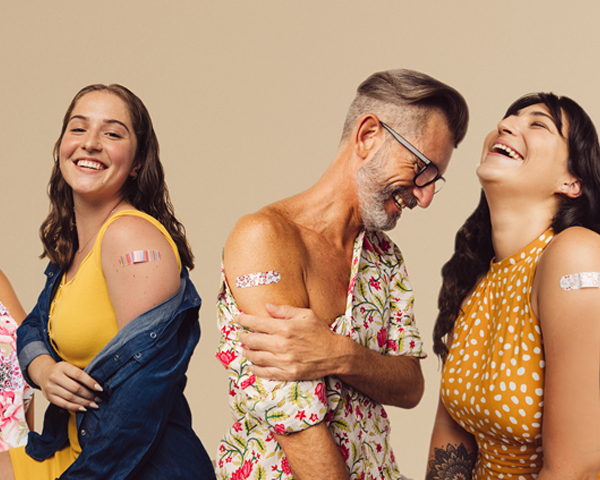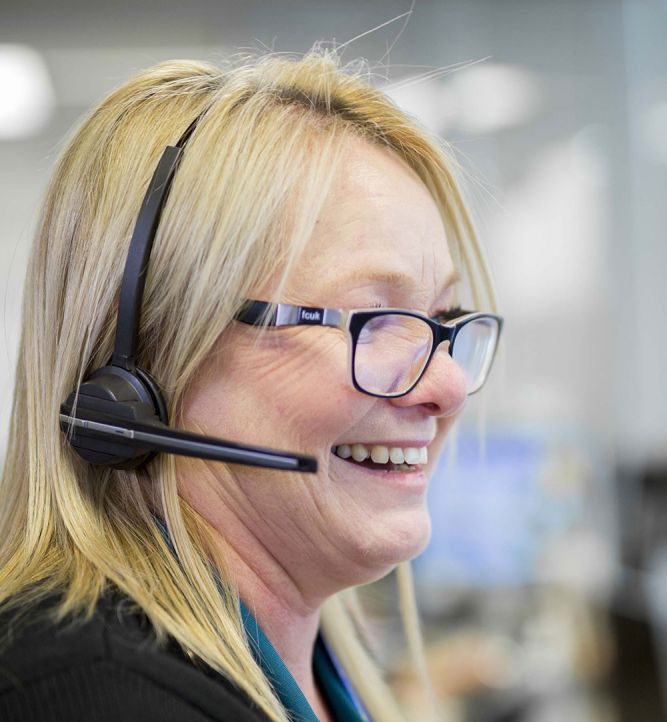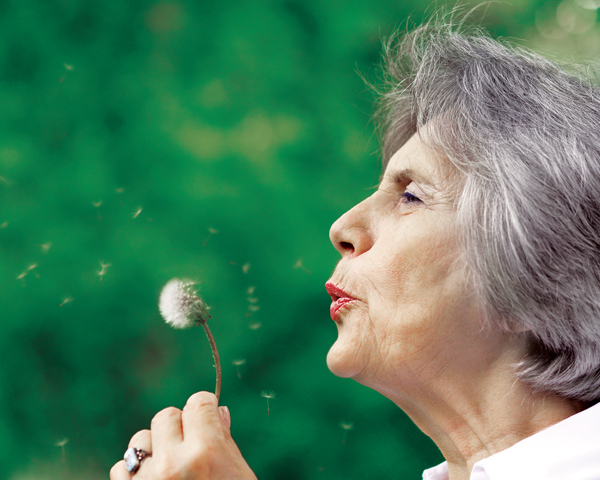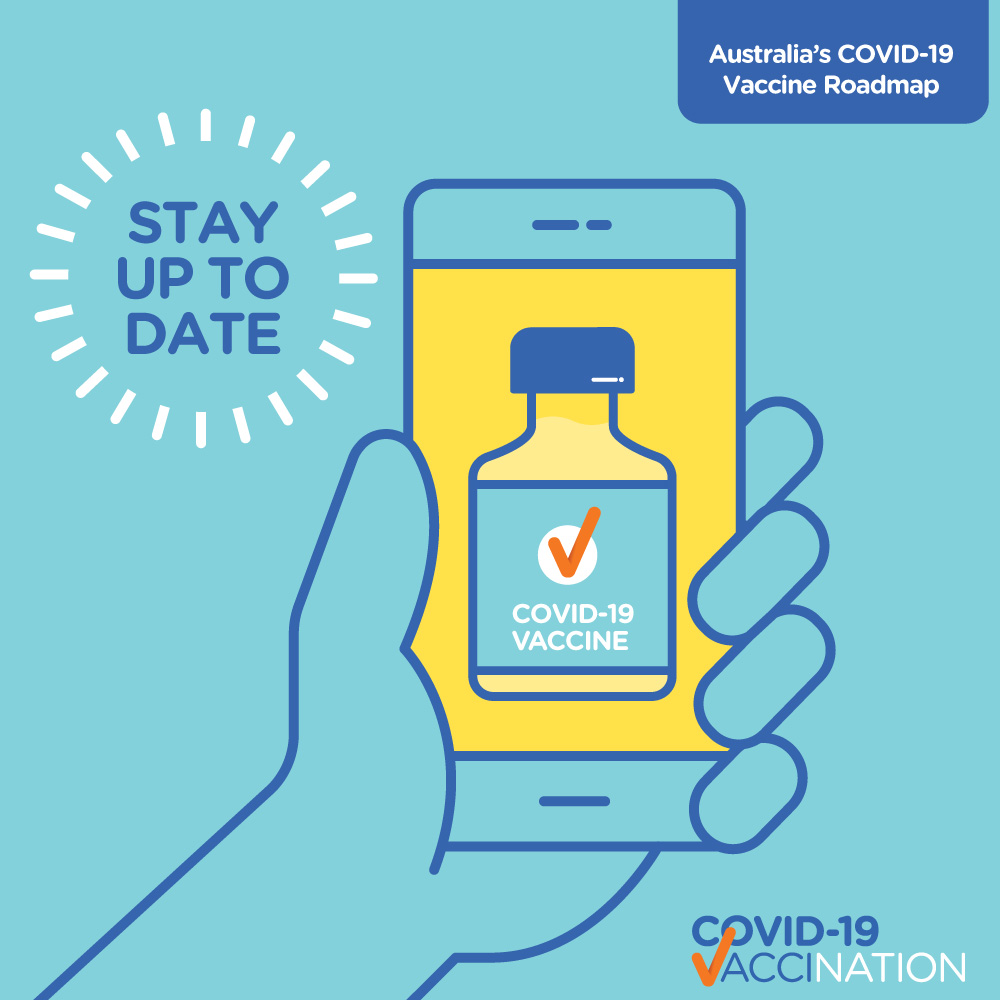
Book your COVID-19 Vaccination today!
COVID-19 vaccinations including the booster shots are now available at DPV Health Medical Centres and roaming pop-up sites near you. We are taking bookings for those who are eligible. Pfizer is available at all centres. Paediatric Pfizer temporarily unavailable.
See below for location details.
New Moderna Spikevax Bivalent vaccine now available!
COVID-19 Vaccination Pop-up Sites
COVID-19 Vaccination pop-up sites are no longer running. If you would like a COVID-19 vaccine, please book through the medical centre link below. COVID-19 vaccines are available to everyone aged 5 years and over. The third dose (booster) is available to everyone aged 16 years and over. Moderna Bivalent booster and Mpox vaccine available.

Book your Mpox Vaccination today!
DPV Health is one of few medical organisations who will be offering Monkeypox vaccinations for the next 3-6 months. Vaccinations will be offered one day a week from our Broadmeadows and Mill Park sites.
Monkeypox vaccinations (MPX) will be available from Tuesday February 7th and we are taking bookings for those who are eligible – Check your eligibility here.
See below for location details.
DPV Health Medical Centres
Tuesdays
- 42-48 Coleraine St, Broadmeadows
- 10.00am to 6.00pm
Wednesdays
- 20 Civic Centre Drive, Mill Park
- 10.00am to 6.00pm
Frequently Asked Questions
You should bring the following to your COVID-19 vaccination appointment:
- Photo ID, if you have one.
- Medicare card, if you have one.
- Employee ID, if you are getting a COVID-19 vaccine because of your occupation.
- Information about any of your medical conditions, allergies, bleeding disorders or
immunocompromise (i.e. weakened immune system). - Information about any medications you are taking.
- Information about any previous COVID-19 vaccine received (vaccine brand and date of
vaccination). - Information about any reactions you have had to any vaccine in the past.
- Name of your current GP/s and any specialist doctors you see.
At your appointment, you will be able to discuss any questions you have about COVID-19
vaccination with your immunisation provider.
Many individuals — usually adolescents, though also younger children and adults — may experience fainting, dizziness, or nausea after a vaccination. While this experience may seem unsettling at the time, it is usually an anxiety-related reaction, sometimes called “immunization anxiety” or “immunization stress-related response.”
Tips to prevent or fight feelings of faintness and light-headedness:
- Taking deep breaths,
- Making sure you have lots of water
- Eat before your appointment and bring snacks
- Eating a salty snack (pretzels, peanut butter crackers, etc.) before vaccination has been shown to help reduce dizziness.
Always speak to a nurse if you are feeling dizzy before or after your vaccination
Source: www.medicalnewstoday.com
Reported side effects to COVID-19 vaccines have mostly been mild to moderate and short-lasting. They include: fever, fatigue, headache, muscle pain, chills, diarrhoea, and pain at the injection site. The chances of any of these side effects following vaccination differ according to the specific COVID-19 vaccine.
For more information, click here to download the fact sheet.
Getting an online myGOV account is the best way. It’s safe and secure.
- Go to the website my.gov.au to create an account or sign in.
- From your myGov account you’ll need to link your online Medicare account.
- Select ‘Proof of COVID-19 vaccination’, then ‘View History’ and enter your name to view the certificate.
- From the myGov account you can print a copy of your certificate to take with you.
Getting a DIGITAL Certificate.
The easiest way to get a COVID-19 digital certificate is by downloading the Express Plus Medicare app on your smart phone.
- You need a myGov account for this to work.
- Once you are in the Medicare app, go to ‘proof of vaccinations’, follow the prompts and ‘share with ‘Service Victoria’.
- Services Victoria app is the one you are already using to visit places.
- Once this is done, open the latest version of the Service Victoria app, accept the terms and you’re all set.
- Your COVID-19 digital certificate will show up automatically when you check-in.
What happens if you don’t have Medicare?
You can still get a vaccination certificate and add it to the Service Victoria app.
The quickest way is to apply online through your myGov account for what’s known as an Individual Healthcare Identifier number, or IHI.
You can also get an Individual Healthcare Identifier number by filling out a form available on the Services Australia website, to find this google IHI.
What happens if you can’t get proof of vaccination online
You can ask for your vaccination provider to print out your record of vaccination when you are vaccinated. The providers that could print your certificate are pharmacies, some GP clinics or community centres. Please check and make sure in advance they can print your vaccination record.
Make a call
Another option is to call Services Australia on 1800 653 809 and ask for a copy of your certificate to be posted to you. The phone service will be busy when you call so be patient and keep trying. There are interpreters depending on availability at the time, and it can take a few minutes to get an interpreter.
To get a copy sent you need to provide details of your Medicare account or Individual Healthcare Identifier number, and give personal details over the phone. So, make sure you have all your details ready.
It can take up to 14 days for the certificate to arrive in the mail.
Vaccination Certificates are for everyone who is fully vaccinated
Setting up the myGov account and getting a digital certificate is a quicker way to get your certificate.
If you are setting up the myGov account for the first time it’s simple to register, but linking your Medicare details can take time, so be patient.
You can always ask a friend or family member to help.
If you need online help.
If you need help setting up your myGov account, go to the Create a myGov account website. Just google ‘create mygov account’.
For more information visit the Victorian Government website: coronavirus.vic.gov.au/vaxproof
This information is produced by the National Ethnic and Multicultural Broadcasters Council.
Listen to the audio of How to Get Your Vaccination in your language:
To download the print version, click on below.
The COVID-19 vaccine booster shot is now available at DPV Health.
You are eligible for a COVID-19 booster dose if:
- you are 18 years and older, and
- have had your second dose of your primary dose course of COVID-19 vaccination at least 6 months ago.
Booster doses are not mandatory, however, they are recommended to maintain immunity against COVID-19.
Pfizer vaccine is approved by the Therapeutic Goods Administration (TGA) and recommended by ATAGI as a COVID-19 booster dose.
You can have the Pfizer vaccine as a booster dose regardless of which vaccine you had for your first 2 doses.
You can also receive the Vaxzevria (AstraZeneca) vaccine if you:
- can’t have the Pfizer vaccine for medical reasons
- had 2 doses of the AstraZeneca vaccine previously.
A booster dose will continue to protect you, your loved ones and your community against COVID-19.
Booster doses will be free for everyone.
For more information on the booster shot, click here.
Children aged 5 to 11 can receive the Pfizer COVID-19 vaccine from 10 January 2022. They will receive a smaller dose of vaccine created specifically for their age group.
By vaccinating your children, you can:
- Reduce the spread of COVID-19
- Protect them from getting sick from COVID-19
- Keep schools open, so children can have more face-to-face learning and playtime with their friends.
The recommended schedule for vaccination in this age group is 2 doses, 8 weeks apart.
The interval can be shortened to a minimum of 3 weeks in special circumstances.
For example:
- as part of an outbreak response
- before the start of significant immunosuppression, or
- before international travel.
Planning is underway to provide a safe and positive environment in which 5 to 11-year-olds can get vaccinated.
Make sure you prepare for your child’s vaccine appointment.
Follow our checklist to find out what you need to bring to make your child’s vaccination as smooth as possible.
Each child must be accompanied by one parent or guardian who will provide consent for vaccination. You can also provide your child with a signed consent to take to their appointment if you cannot attend.
For COVIDSafe reasons, only one parent or guardian can attend a vaccination appointment with a child.
Some families have been enquiring about third doses for children. Third doses are only recommended for people aged 18 years and over at this time.
For more information click here.
Testing positive for COVID-19
If you test positive for COVID-19 you must immediately isolate.
Call the National Coronavirus Helpline for information about how to look after yourself when you are sick with COVID-19.
Download the facts sheet on “What to do if you have tested positive for COVID-19″
Close contacts
You are a close contact if you:
- live in the same house as someone who tests positive
- spent 4 hours or longer with someone in a home, or health or aged care environment
- are determined as one by your state or territory health department
- If you are a close contact of someone who has COVID-19 you must isolate for 7 days (10 days in South Australia) from the last time you were in contact with that person
- If you have symptoms you should visit your nearest testing clinic as soon as possible
- If you have no symptoms you should take a rapid antigen test at home
Rapid antigen tests will become increasingly available at supermarkets and pharmacies. Do not enter pharmacies, supermarkets or other retail outlets if you have symptoms or suspect you have been exposed to COVID-19. Go to a testing clinic or ask a family member or friend to get a test and deliver it safely to you. Learn more about rapid antigen tests.
Isolating if you have COVID-19
It is an Australian public health requirement that anyone diagnosed with COVID-19 must isolate. If you have the virus, you can pass it on to others. Isolating protects the people around you and the broader community from COVID-19.
Isolation means:
Staying at home – do not attend work or school, visit public areas, or travel on public transport, in taxis or ride-share services. If you have an appointment you cannot miss – such as a visit to a doctor, family violence service or police – you must tell them that you have COVID-19.
You should stay separated from other people in your house. Stay in a separate, well-ventilated room away from other people.
If you cannot isolate in a separate room you should:
- avoid shared spaces in the house as much as possible
- wear a mask when moving through shared areas
- wipe down any surfaces you touch COVID positive
- if you can, use a separate bathroom that others do not use. If you share a bathroom, wipe down any surface you touch and flush the toilet with a closed lid
- do not let visitors enter your home, unless they are providing necessary medical or personal care, or emergency services
- have all groceries and other essential items delivered to your home
The people who usually live in your house with you can stay there if they are unable to live somewhere else during this time. If they stay, they are contacts and need to isolate too.
If you have a household contact who has a weak immune system, is elderly or has another risk for severe COVID-19, contact your state/territory health department to see if they can help with finding them places to stay.
Ensure you share this information with the members of your household.
COVID-19 Test & Isolate National Protocols – Download here
Managing symptoms
Most people with COVID-19 experience only mild symptoms, or no symptoms at all (asymptomatic). These can be managed with over-the-counter medication. Find out more about managing COVID-19 at home.
Try to get plenty of rest, drink lots of water and eat well. You can still do moderate exercise if you feel well enough, within your home and/or garden if you have one.
Seek urgent medical attention if develop severe symptoms such as:
- difficulty breathing
- an oxygen level of less than 92% when tested with a pulse oximeter
- blue lips or face
- pain or pressure in the chest
- cold and clammy, or pale and mottled, skin
- fainting or collapsing
- being confused
- becoming difficult to wake up
- little or no urine output
- coughing up blood
Call 000 if you are unsure if your symptoms are severe use the HealthDirect COVID-19 symptom checker.
COVID Positive Pathways Program
The program is aimed at supporting those who fall into the low-risk category ie. are younger, vaccinated and without comorbidities, to manage their illness safely at home. Staffed by allied health clinicians, nurses, GPs and admin officers, this phone-based program will provide advice to those with concerns about their symptoms, assisting them to monitor their condition and escalate their care to Northern Health as needed.
COVID Positive Pathways makes sure every person is cared for in the best possible place, whether at home or in a hospital bed, depending on their personal needs and circumstances.
How will I be assessed for support?
If your COVID-19 test result is positive, you will receive a text message from the testing laboratory confirming your diagnosis. You will receive a second text message from the Department of Health. It will include a link to a short survey to assess your care needs.
It is important to complete the assessment surveys and answer these calls so you can be connected to the right care pathway for your needs. If you are unable to complete the surveys you will receive a follow-up phone call from DPVHealth.
Your care will be personalised for your needs and circumstances, and if your condition changes over the course of your illness you may be moved to a different care pathway.
For more information visit: COVID Positive Pathways | Coronavirus Victoria
Most people who test positive for COVID-19 recover completely, but some people may develop long COVID.
Talk to your GP if you are experiencing ongoing mental health issues such as:
- trouble thinking clearly, focusing, or remembering
- depression, anxiety or other mental health problems
For more information and updates, visit: www.health.gov.au/health-alerts/covid-19/testing-positive
- ATAGI recommends that a first booster dose of the Comirnaty (Pfizer) COVID-19 vaccine may be given to the following adolescents aged 12-15 years who have completed a primary course of vaccination 3 or more months ago:
- those who are severely immunocompromised
- those who have a disability with significant or complex health needs
- those who have complex and/or multiple health conditions that increase the risk of severe COVID-19
- Currently, Spikevax (Moderna) and Nuvaxovid (Novavax) are not licensed for use as a first booster dose in this age group.
- ATAGI continues to recommend a 3-month interval between a recent confirmed SARS CoV-2 infection and a scheduled dose of COVID-19 vaccine.
- ATAGI does not recommend that a first booster dose of COVID-19 vaccine be given to all adolescents aged 12-15 years. There is insufficient evidence of severe disease in otherwise healthy adolescents in this age group who have already received two primary doses of a COVID-19 vaccine. ATAGI continues to recommend that all adolescents aged 12-15 years complete a primary vaccine course of 2 doses of COVID-19 vaccine, 8 weeks apart. A third primary dose from 2 months after dose 2 is recommended for those who are severely immunocompromised.
• For people who have received a primary course of the AstraZeneca vaccine, including those who are severely immunocompromised, AstraZeneca vaccine is no longer a recommended vaccine for use as a booster, even when there are no contraindications or precautions for its further use. However, it can still be used for this purpose in individuals who decline receiving an mRNA vaccine as a booster dose. There is no requirement for people who have already received a booster dose of AstraZeneca COVID-19 vaccine to receive an additional dose of mRNA vaccine.
• The only scenario in which a booster dose using AstraZeneca vaccine is actively recommended is for people with medical contraindications to the Pfizer and/or Moderna vaccines (e.g. anaphylaxis, myocarditis).
Everyone in Australia aged 5 years and over should wait 3 months between a COVID-19 infection and their next recommended vaccine dose.
This is to optimise vaccine protection. The gap between infection and vaccination is likely to lead to a better immune response and result in longer protection from reinfection.
The next scheduled dose of COVID-19 vaccine should be given as soon as possible after 3 months. You should still have all the recommended doses for your age and health needs.
The ATAGI recommended doses and vaccines outlines which vaccines and doses are recommended for each age and population group.
- Adults aged 65 years and older
- Residents of aged care or disability care facilities
- People aged 16 years and older with severe immunocompromise
- Aboriginal and Torres Strait Islander people aged 50 years and older.
The current eligiblily for 4th dose (Winter dose) can be found here.
Request a call back
If you would like to book a COVID-19 Vaccination at any of our sites, you can fill in the form below and we will call you back to arrange your booking.
Request a call back - COVID Vaccination


NOW OPEN
New Respiratory Clinic at DPV Health Medical Centres
DPV Health’s respiratory clinics support people with breathing and lung problems and COVID 19 like symptoms including, mild asthma, cough, sore throat, runny nose, shortness of breath, loss of smell or loss of taste. We also provide COVID-19 testing for symptomatic patients. Free service to those with or without a Medicare card.
Learn moreResources
Click below for translated resources:
- General information relating to the Covid vaccine.
- Consent forms
- AstraZeneca Vaccine patient information
- After your AstraZeneca vaccine information
- AstraZeneca Vaccine and the COVID-19 vaccination program
National coronavirus and COVID-19 vaccine helpline: 1800 020 080
Download DPV Health’s COVID-19 Vaccination information brochure:

Subscribe
Receive health & wellbeing news & information.
Care and support you can trust, so you can keep doing what you love

 Language
Language
